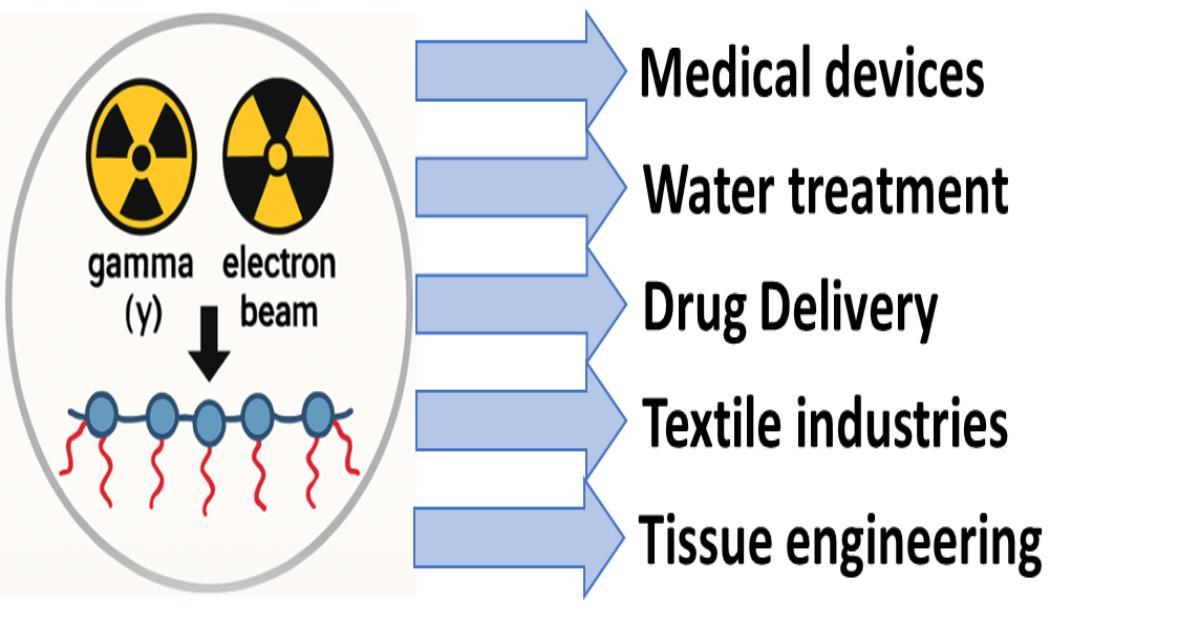- 3.2Impact Factor
- 6.4CiteScore
- 16 daysTime to First Decision
Advancements in Polymer Functionalization Methods Toward Smart, Sustainable and High-Performance Materials
This special issue belongs to the section “Polymeric Materials“.
Special Issue Information
Dear Colleagues,
Recent advances in polymer science have enabled transformative material innovations through precise post-synthesis modifications. The scope of polymer functionalization has expanded to include remote activation methods such as radiation, plasma, and photonic techniques. This allows the creation of smart and sustainable materials for biomedical, energy, and environmental applications.
This Special Issue invites original research and comprehensive reviews focusing on the emerging functionalization strategies that address modern challenges. Contributions are welcome in areas including, but not limited to, the following: radiation-grafted polymers for drug delivery systems, environmentally benign modifications, multifunctional nanocomposites, and structurally responsive biomaterials. Our goal is to consolidate the current state of the art in polymer modification with a forward-looking perspective that promotes innovation, sustainability, and performance.
Dr. Hanna Lewandowska
Guest Editor
Dr. Nelson Rotich
Guest Editor Assistant
Manuscript Submission Information
Manuscripts should be submitted online at www.mdpi.com by registering and logging in to this website. Once you are registered, click here to go to the submission form. Manuscripts can be submitted until the deadline. All submissions that pass pre-check are peer-reviewed. Accepted papers will be published continuously in the journal (as soon as accepted) and will be listed together on the special issue website. Research articles, review articles as well as short communications are invited. For planned papers, a title and short abstract (about 250 words) can be sent to the Editorial Office for assessment.
Submitted manuscripts should not have been published previously, nor be under consideration for publication elsewhere (except conference proceedings papers). All manuscripts are thoroughly refereed through a single-blind peer-review process. A guide for authors and other relevant information for submission of manuscripts is available on the Instructions for Authors page. Materials is an international peer-reviewed open access semimonthly journal published by MDPI.
Please visit the Instructions for Authors page before submitting a manuscript. The Article Processing Charge (APC) for publication in this open access journal is 2600 CHF (Swiss Francs). Submitted papers should be well formatted and use good English. Authors may use MDPI's English editing service prior to publication or during author revisions.
Keywords
- polymer functionalization
- smart materials
- radiation-induced processes
- sustainable polymers
- nanocomposites
- biomedical polymers
- graft copolymerization
- oxidative stress resistance
- post-synthetic modification
- environmental applications

Benefits of Publishing in a Special Issue
- Ease of navigation: Grouping papers by topic helps scholars navigate broad scope journals more efficiently.
- Greater discoverability: Special Issues support the reach and impact of scientific research. Articles in Special Issues are more discoverable and cited more frequently.
- Expansion of research network: Special Issues facilitate connections among authors, fostering scientific collaborations.
- External promotion: Articles in Special Issues are often promoted through the journal's social media, increasing their visibility.
- e-Book format: Special Issues with more than 10 articles can be published as dedicated e-books, ensuring wide and rapid dissemination.

